Tech Access in Schools: Making Edtech Accessible to All
Digital Promise
JULY 16, 2019
Access to technology for all students is a major goal for many schools, companies, and organizations—yet access is only part of the equation. Foundry10’s 2018 study focused on technology usage in U.S. In each classroom, students were using some sort of technology, even if the course was not specifically a “tech” class.



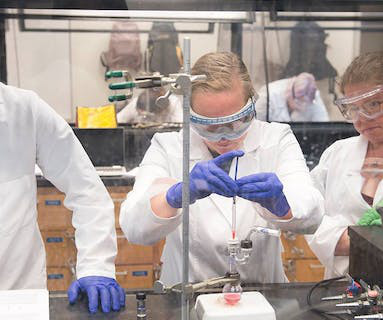
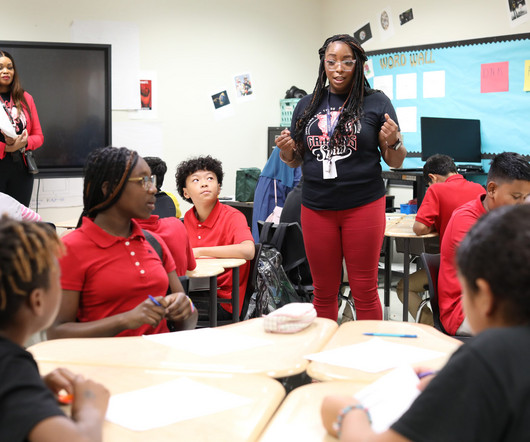


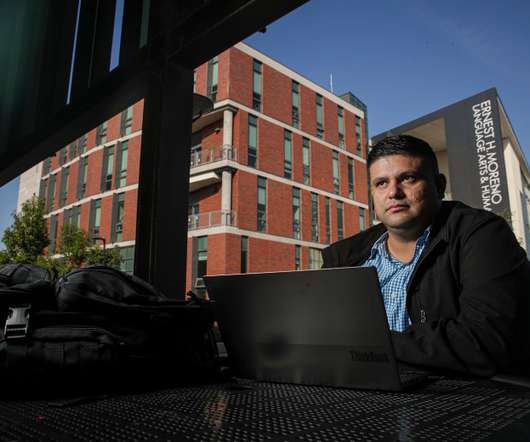




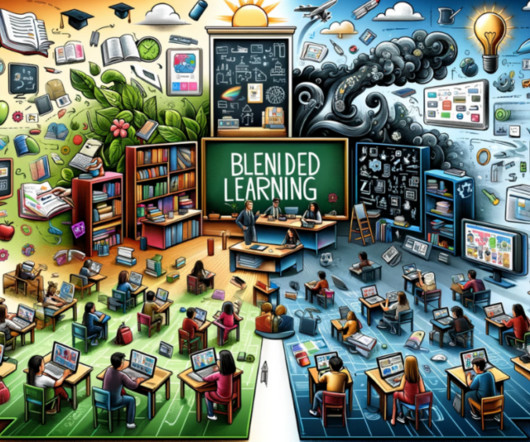

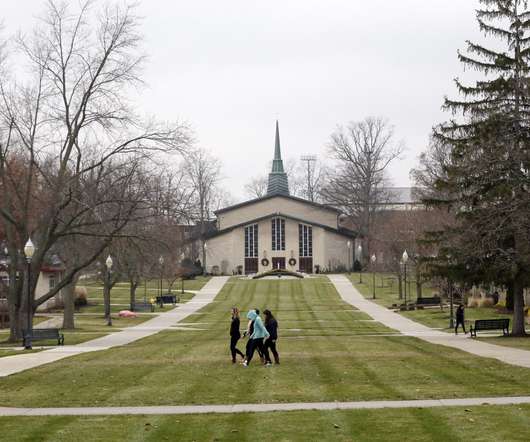








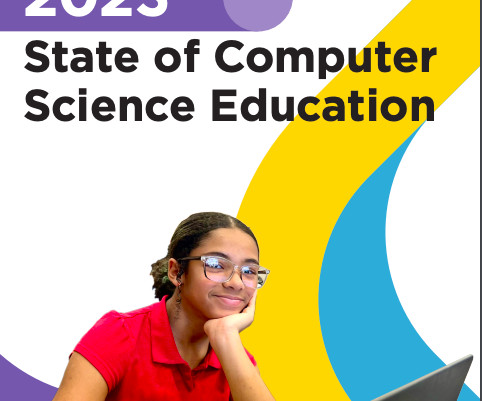




















Let's personalize your content